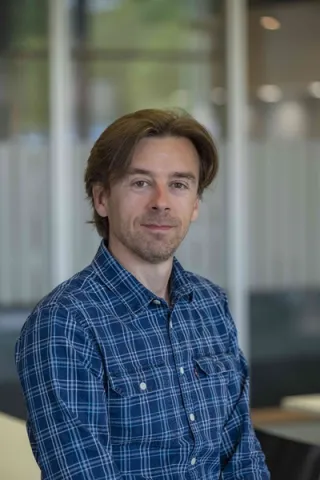About the project
This project aims to fully characterise energy amplification methods in turbulent flows. You will do this using direct numerical simulations of wall-bounded turbulence coupled to optimisation techniques. Using newly developed dynamical systems theory methods, you'll get a fresh understanding of instability mechanisms in wall-bounded flows across scales. You'll also work towards a better understanding of the evolution of coherent structures.
Significant advances in understanding the structure of turbulent wall-bounded flows has been made in the past two decades. Optimisation techniques are used to identify flow perturbations that can display significant energy amplification. Optimal perturbations identified in these studies show remarkable agreement with large-scale coherent structures observed in experiments and simulations.
Past work has been limited by the fact that it has relied on using Reynolds-Averaged Navier-Stokes models to compute the temporal dynamics of perturbations. Such models do not consider the multi-scale, unsteady and chaotic nature of turbulence and it is not fully clear what is the relation of these results with some physical characteristics of wall-bounded flows. For example, wall-bounded flows display bursting events with large transient energy growth, but these mechanisms cannot be captured with Reynolds-Averaged models.
For this project, you will make use of the high-performance computing facilities such as the IRIDIS5 compute cluster. Training is available for this facility. You will join an informal and vibrant group of other PhD students, post-docs and academics in the Aerodynamics and Flight Mechanics group, engaged in a wide range of experimental and numerical investigations on turbulent flows.
